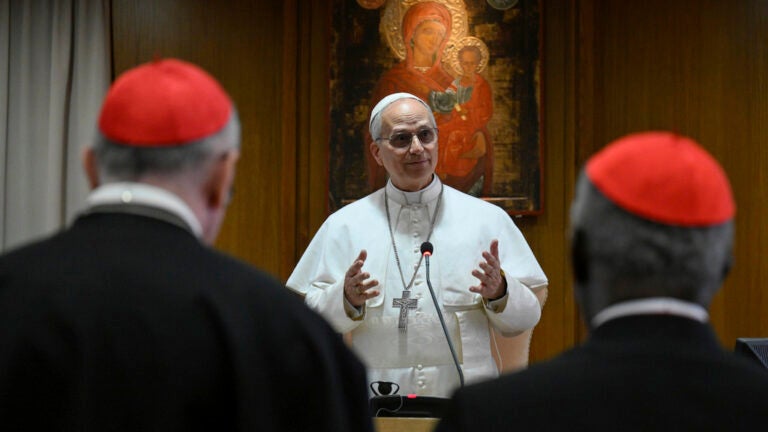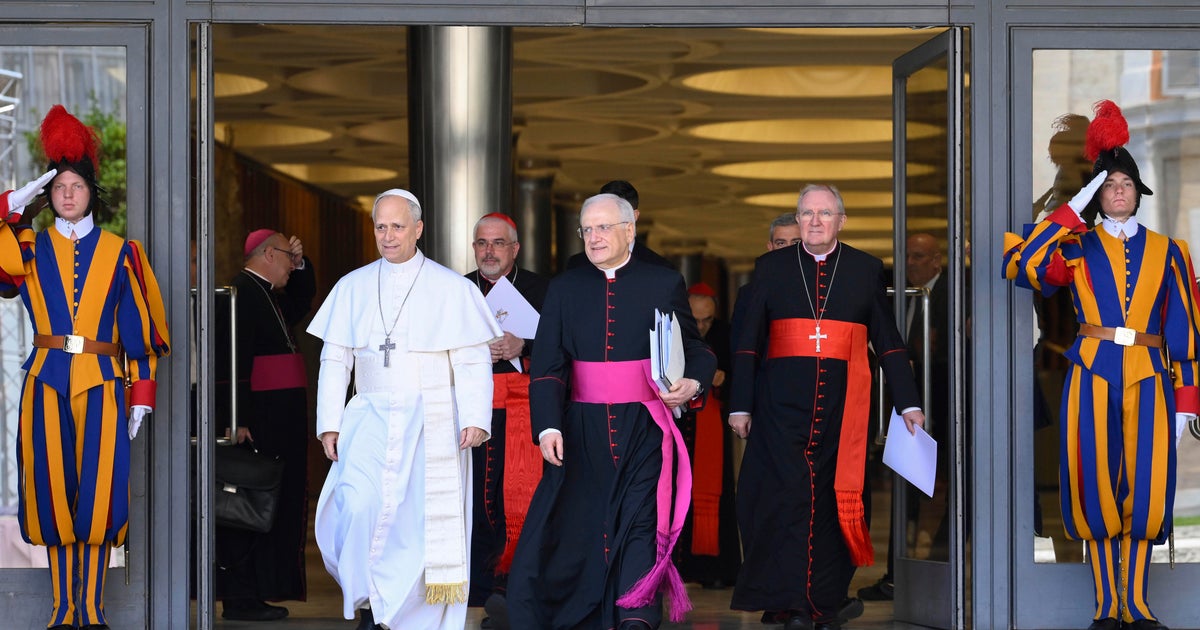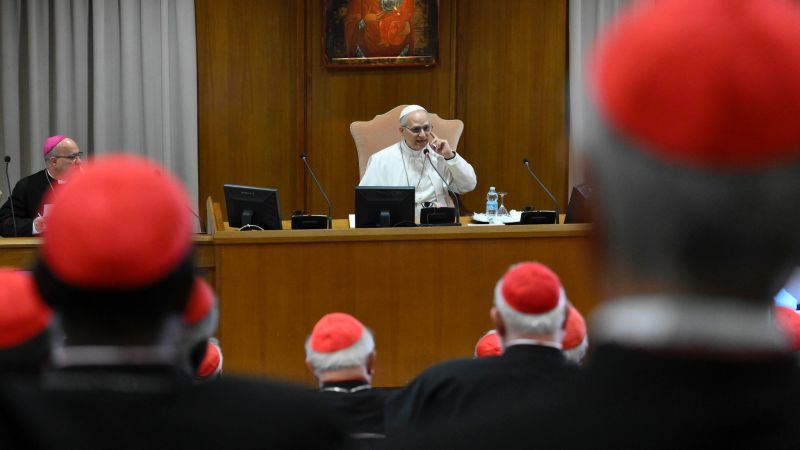Pope Leo XIV: A U.S.-Born Leader for Unity Amid Divisions
Catholics from all sides express hope for Pope Leo XIV’s leadership powers in bridging divides within the Church and addressing social issues.
Overview
In his inaugural address, Pope Leo XIV emphasized social justice and the ethical implications of AI, a priority for Pope Francis. Following his public appearance in Rome, Pope Leo, the first U.S.-born pope, advocates for unity within the Church. His promises to uphold Catholic doctrine appeal to conservatives while progressives hope for continued outreach to the marginalized. Early indications suggest potential tensions with conservative bishops but a welcoming attitude towards pastoral approaches, especially regarding women’s roles. Observers from both sides express optimism about his leadership amid deep ideological divides.
Report issue

Read both sides in 5 minutes each day
Analysis
- Pope Leo XIV emphasizes the continuity of his papacy with Pope Francis, aiming to address modern challenges, particularly artificial intelligence, which he identifies as crucial for upholding human dignity and justice.
- He reaffirms the Catholic Church's commitment to inclusivity and social justice, aligning with the teachings of the Second Vatican Council and addressing the needs of the marginalized.
Articles (13)
Center (4)
FAQ
Pope Leo XIV emphasizes defending human dignity, justice, and labor rights as central social justice issues in his inaugural address, highlighting the church's response to challenges posed by AI and continuing the mission of Pope Francis and the reforms of the Second Vatican Council.
Pope Leo XIV relates artificial intelligence to the teachings of Pope Leo XIII by likening AI to a new industrial revolution that presents challenges to human dignity, justice, and labor, similar to how Pope Leo XIII addressed workers' rights and capitalism during the Industrial Revolution in his 1891 encyclical Rerum Novarum.
Pope Leo XIV sees the Catholic Church as a provider of its social teaching treasury to respond to the new challenges posed by AI, defending human dignity, justice, and labor, and integrating modern relevance with tradition in navigating contemporary issues.
Pope Leo XIV affirms his full commitment to the reforms of the Second Vatican Council, aiming to make the Church more inclusive and attentive to the faithful, while addressing modern challenges like AI, which aligns with his goal of blending tradition with contemporary relevance.
History
- 7M

 4 articles
4 articles
- 7M

 4 articles
4 articles







